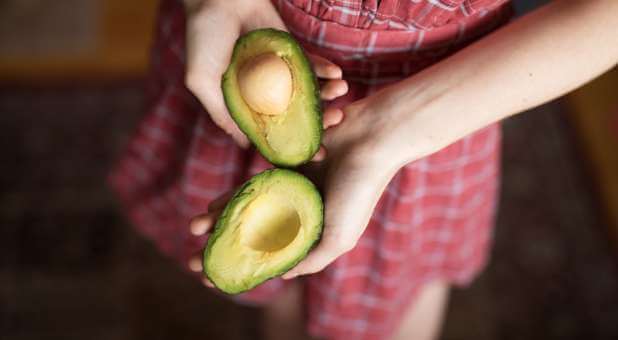Lately, the ketogenic (keto) diet, which restricts the number of carbs while increasing the consumption of fat, has become a trendy way to lose weight and regain a healthy lifestyle. Lowering your intake of carbohydrates can have many health benefits like weight loss, migraine relief, improved sleeping, mental clarity, lower inflammation and so on. It’s also a health fad through which one must proceed with caution.
It’s important to understand why our bodies need carbs. Carbohydrates supply our bodies with energy and are found in foods like fruits, vegetables, breads, pasta and dairy products. Our bodies use these foods to make glucose, which is a primary source of energy. Glucose is a type of sugar that can be used right away for energy or stored away to be used later.
But not all carbs are created equal. The best carbohydrates are those that contain a lot of fiber, like vegetables, fruits and whole grains. These types of carbohydrates take longer to break down into glucose so they don’t instantly flood the body with sugar and instead release it more slowly. They also supply the body with the nutrients it needs.
Refined carbohydrates, popularly called “bad carbs,” have been processed to remove the healthy part of the grain (fiber) and often include added sugar. Common examples of refined carbohydrates are processed foods, white bread, cakes and cookies. These are the carbs we want to eliminate because they flood our body with too much sugar.
When there are insufficient good carbohydrates, the body usually responds by burning muscle tissue for the stored glucose our body contains. When those stored glucose resources start to run out, the body resorts to burning body fat. This usually leads to quick results on the outside, with weight loss and the number on the scale going down. But it’s not a healthy way to maintain a good weight for the long term, and I want to address two big problems I see with this type of “diet.”
The first problem is that for most people, this isn’t sustainable. It’s a quick fix and not an intentional mindset to adopt a lifelong healthy lifestyle. With fads like keto, a person over time feels deprived and super limited with what they can eat, so they commit to it for a bit but slip back into their old habits, putting the weight back on, which leads to guilt and shame.
The second problem is when eating under the keto guidelines, you can eat as much fat as you want; but like carbs, not all fats are created equal. Some fats like avocados, soybeans, nuts and fish are “good fats” while others like fatty beef, cheese, cream, butter and fried poultry skin should be avoided.
A friend of mine was following the keto diet and was losing weight, but when he went for a checkup, the doctor told him his cholesterol (the bad kind) had skyrocketed, and he was a prime candidate for a heart attack. Yes, he lost weight, but it came at a cost to his health.
Another friend doing keto said it was OK to eat microwavable fried pork skins, but under the keto guidelines, she couldn’t have a carrot or beet. This is simply not a “diet” that makes sense to say it’s OK to eat as much as you want of a processed food you have to cook in a microwave, but you can’t have a vegetable naturally grown in the earth, created by our Maker.
So you have to ask yourself: Do I only care about the scale, or do I care about my long-term health and learning how to sustain it? {eoa}
To read the rest of this article, visit faithfulworkouts.com.
Michelle Spadafora started Faithful Workouts in 2009 after 22 years in the fitness industry. She created Faithful Workouts to be a place where you can come and strengthen your relationship with God while you strengthen your body and mind, a place where you can find great workouts for all fitness levels, receive simple, practical nutrition information and connect with a real community who knows that the journey to better health is more about encouraging each other and less about being perfect.











































